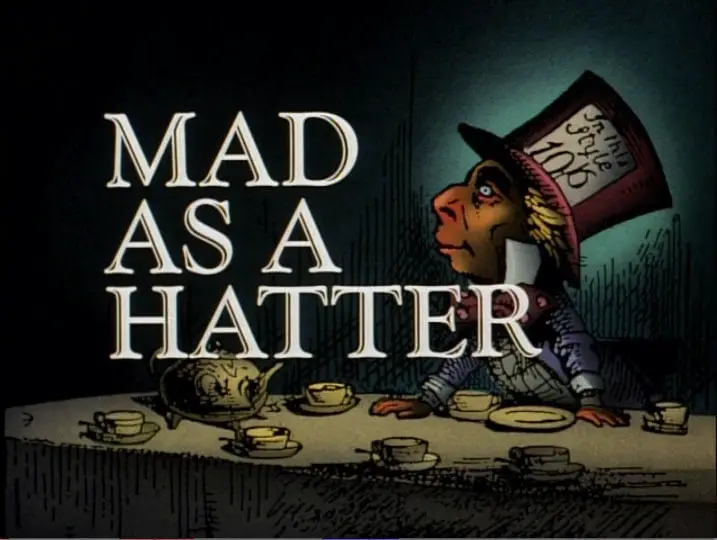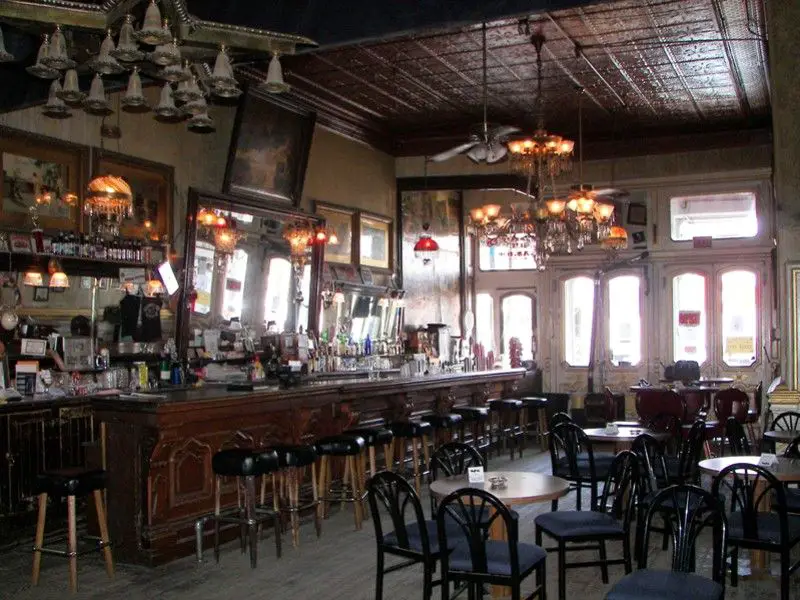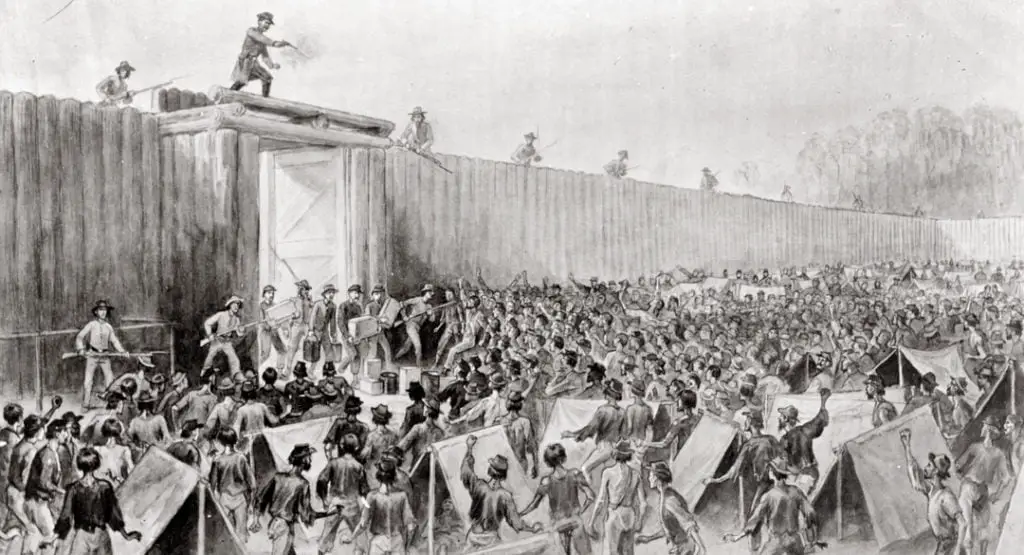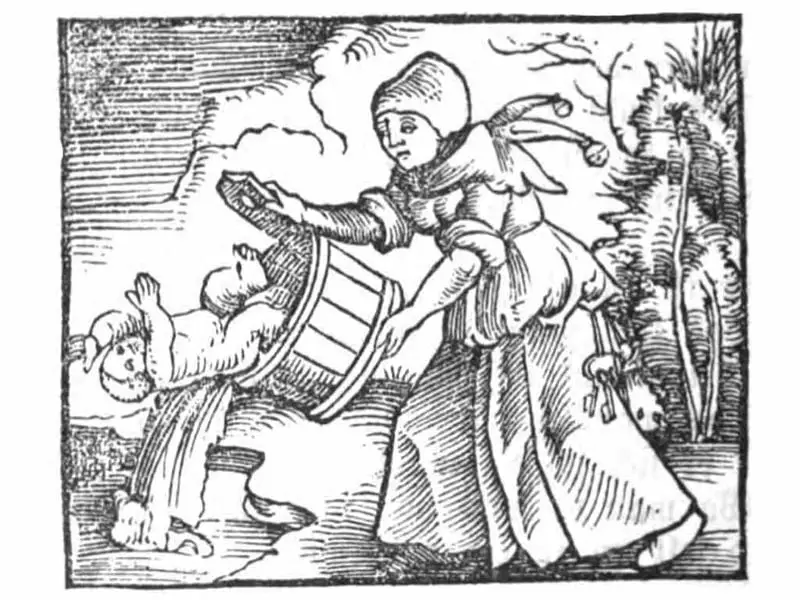The language English, is full of phrases such as idioms, similes or common sayings which people use in their everyday life. Most of us, however, do not know how they originated. A lot of these phrases do not make any literal sense, but knowing where they come from gives a lot of context. Some of them are harmless, while some are dark. But all these origin stories have one thing in common- they are pretty interesting!
Top 15 Common Phrases With Their Interesting Origin Stories
1. Touch Wood

The phrases touch wood and knock on wood are widely used after expressing a wish or hoping for something good, so that it does not get jinxed. A lot of people believe that this gives them good luck. What does touching wood have to do with luck, though? It comes from the Pagan belief that evil spirits lived inside wood. So, in those days, if a person voiced a hope for the future, they were supposed to touch, or knock on wood so that the spirits did not hear and prevent their hopes from coming true.
2. Mad as a Hatter

This is a commonly used phrase that suggests that a person is insane. It was also popularized because of the character Mad Hatter from Alice in Wonderland. The relation between hats and insanity might seem odd, but its origin is actually quite literal, and grim. In North England, in the 1800s, a lot of men worked in the hat industry. Mercury was used in the hat-making process, and mercury poisoning caused symptoms similar to madness. This often resulted in the death of the worker due to the accumulation of mercury in the body.
3. There is no Such Thing as a Free Lunch

This one sounds pretty self-explanatory. It implies that everything has a price. If you want something, you need to work for it. This has its origins in nineteenth-century America. The bars there offered free lunch to those who bought at least one drink. The food in the lunches, such as ham and cheese, had items that contained a high amount of salt. The idea behind this was that the excess salt content would make the people buy more beer than they would normally drink.
4. To Meet a Deadline

This is one phrase most people are familiar with, and it creates a lot of anxiety. The origin of this phrase is much darker than the current usage, though. The Andersonville prison was built for Union Soldiers at the time of the Civil War in USA. The dead-line was a fence built around it to prevent anyone from escaping the prison. If a prisoner tried crossing it, the sentries posted nearby would shoot him instantly. The prison was extremely overcrowded and one-third of the prisoners died due to the horrible conditions.
5. Pull Out All the Stops

The meaning behind this phrase is to put in all your effort into something, or to use all your resources. The origin behind this is quite simple. It derives from pipe organs and the way they are constructed. These instruments have stops to control the air flow, which are like knobs. Pulling out these stops increases the volume of the music.
6. Turning a Blind Eye

This idiom is used when someone purposefully ignores information. It comes from an incident involving Admiral Horatio Nelson who was blind in one eye. In 1801, during the Battle of Copenhagen, the British commander sent a signal to Nelson, to stop the attack being carried out by his forces. This signal was conveyed by a system of flags. When Nelson was told about this, he lifted his telescope to his blind eye and said, “I have a right to be blind sometimes. I really do not see the signal.” As a result, the attack went on like before and Nelson’s forces won the victory.
7. Playing the Devil’s Advocate

These days, a devil’s advocate is someone who opposes an argument just for the sake of it. It often implies that the person is being mischievous. However, the devil’s advocate was an actual job in medieval Europe! It comes from the Latin term ‘Advocatus Diaboli’. The duty of this person was to come up with arguments against a priest when he was nominated to be blessed or canonised.
Read also – Top 15 Most Common and Severe Mental Illnesses
8. Paint the Town Red

The meaning of this phrase is to party wildly, especially somewhere in public. Painting the town red usually involves some drinking, which is in line with how this phrase originated. In the year 1837, the Marquis of Waterford and some of his friends indulged in a night of drinking. Later, they took to the streets of the town of Leicestershire and created a riot. They caused a lot of vandalism. Not only this, they also painted the toll bar and several other buildings red.
9. Don’t Throw the Baby Out With the BathWater

This is used to refer to an avoidable mistake, usually when a person discards something good while trying to get rid of the bad. In medieval times, the entire household shared the same bath water. The Lord, who acted as the head would bathe first, and the men after him. This was followed by the Lady and the women. After this, the children bathed, and in the end it was the turn of the babies. By that time, the water would get so filthy that the women had to take care not to accidentally throw out the baby along with it.
10. Let One’s Hair Down

This meaning of this idiom is to relax, or to behave a lot more freely than usual. These days, when most women actually wear their hair down, it is hard to imagine the context. In the seventeenth century though, the upper class women wore their hair up in public. They had to make elaborate hairdos with flowers and feathers. When they were at home, they could let their hair down, which was a lot more natural and relaxing.
11. Baker’s Dozen

We all know that a dozen refers to the number twelve. However, a baker’s dozen means a set of thirteen things. The extra number comes from a sinister law that was implemented in thirteenth century England. According to this law, if a baker was found cheating his customers by selling less than the stated weight of the bread, the baker could be fined, flogged or even have his hands chopped off! To avoid this, bakers would usually add an extra roll of bread along with the twelve in a loaf to make sure the weight didn’t fall short.
12. Talk of the Devil

This is used when someone talks about a particular person, and this person appears unexpectedly. This phrase is used quite lightheartedly. However, in the past, it was meant more as a warning. The original saying “Speak of the Devil and he will appear” comes from the superstitious belief that mentioning the Devil, or even thinking about him would summon him. If that didn’t happen, it would at least bring bad luck, so it should be avoided.
13. Butter Someone Up

To butter someone up refers to praising them excessively or using nice words to get a
14. All Roads Lead to Rome

This is used in a metaphoric sense, to imply that something can be achieved in more than one way. However, in the ancient world, this was actually true. The Romans built a wide network of roads, passing through Britain, Spain and even some portions of Africa. The Roman Empire is credited for building the first great road, and all these roads diverged from a monument in the central forum of Rome.
15. Saved by the Bell

This phrase is used when a person is saved from an unpleasant situation at the last minute, or quite suddenly. This dates back to the time when medical practices were not that great, and unconscious people could be mistaken for dead. The fear of getting buried alive became widespread and there were coffins that had a bell attached to them. If a person was buried alive, they could ring this bell on waking up, which others would hear.
Read also – Top 15 Weird but Interesting Facts about William Shakespeare